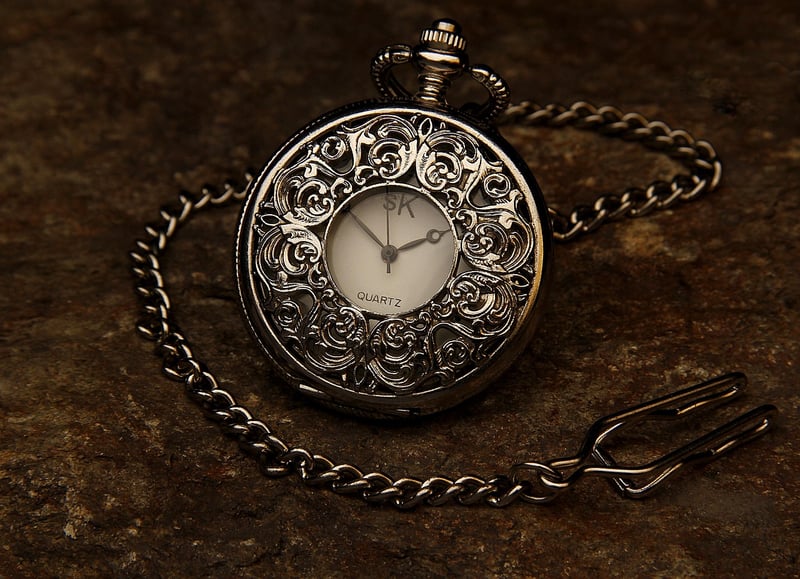Predestination Paradox
Dive into Time Twists and the Predestination Paradox
Time travel has always been a captivating concept, often portrayed in movies, books, and TV shows. One of the intriguing aspects of time travel is the idea of the predestination paradox. This paradox explores the notion that time travelers could potentially cause the events they are trying to prevent, leading to a loop of cause and effect.
What is the Predestination Paradox?
The predestination paradox, also known as a causal loop, occurs when a time traveler goes back in time to change an event but inadvertently causes that event to happen, leading to a self-perpetuating loop with no clear origin. This concept challenges our traditional understanding of cause and effect, raising questions about free will and determinism.
Examples in Pop Culture
Many popular movies and TV shows have explored the predestination paradox, often leaving audiences with mind-bending twists and turns. One iconic example is the movie "Looper," where characters grapple with their past and future selves in a complex web of time travel conundrums.
Time Twists and Mind-bending Plots
Time twists and predestination paradoxes add layers of complexity to storytelling, keeping viewers on the edge of their seats as they try to unravel the mysteries of cause and effect. These narratives often challenge our perceptions of time, reality, and the consequences of our actions.
Exploring the Unpredictable Nature of Time
Whether you're a fan of sci-fi adventures or philosophical conundrums, delving into the world of time twists and predestination paradoxes can be a thrilling journey. As you ponder the twists and turns of time travel narratives, remember that the future is never set in stone, and every action has the potential to create ripples across time.
Recommended Reading:


